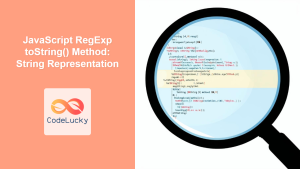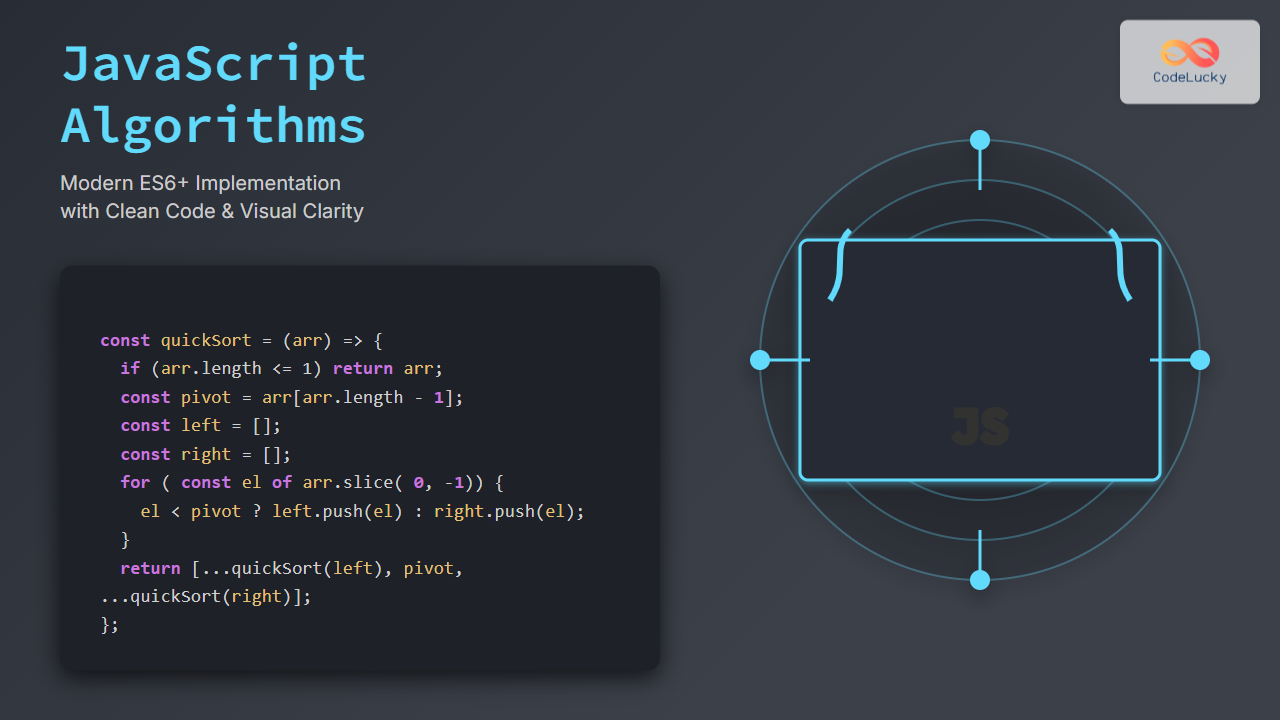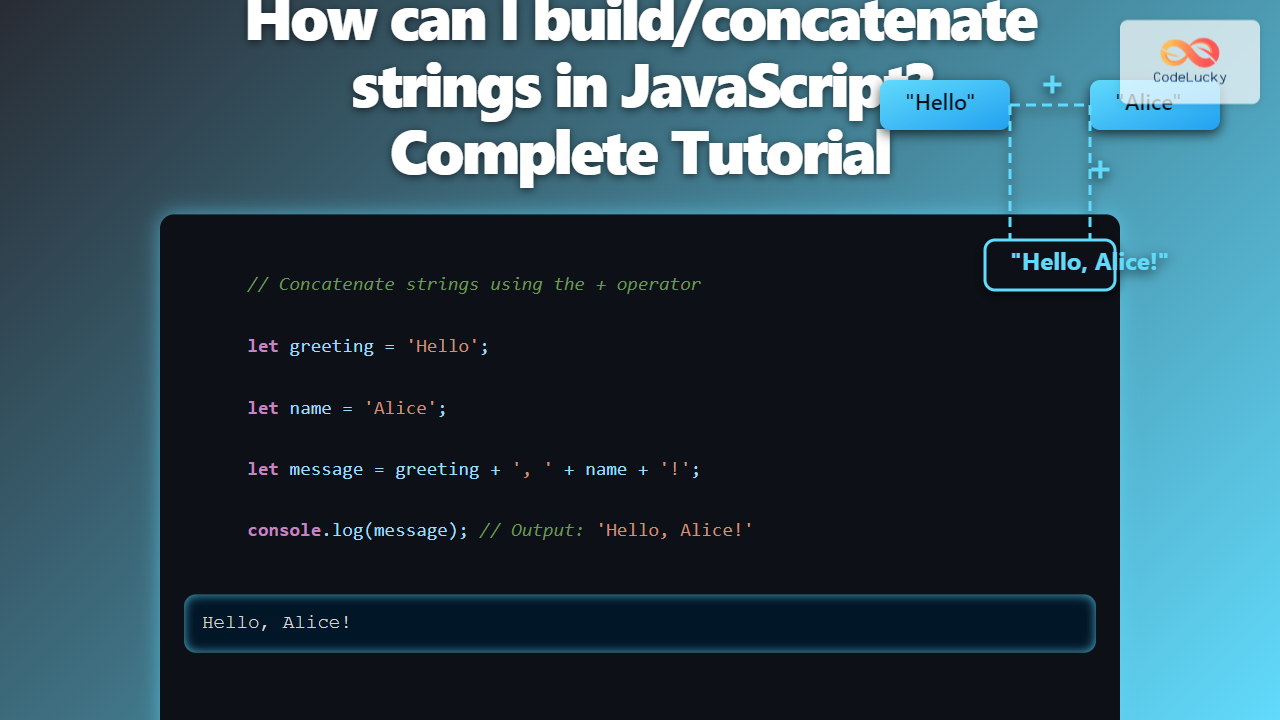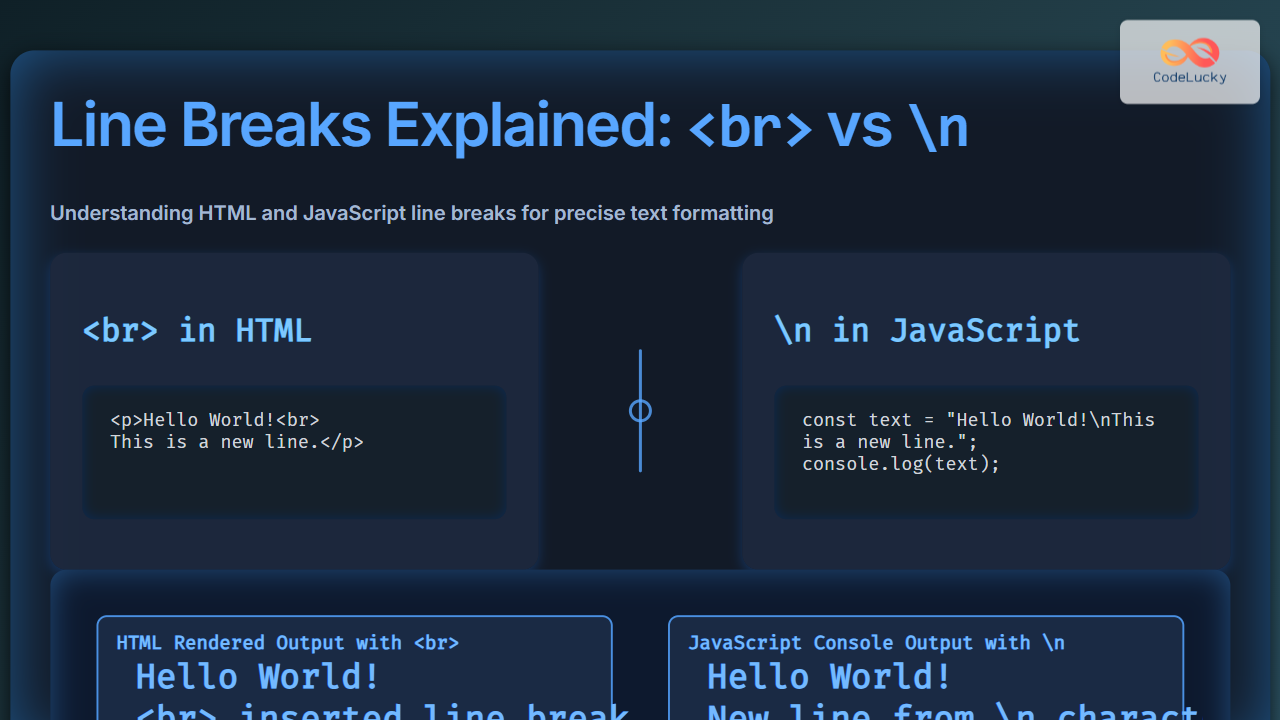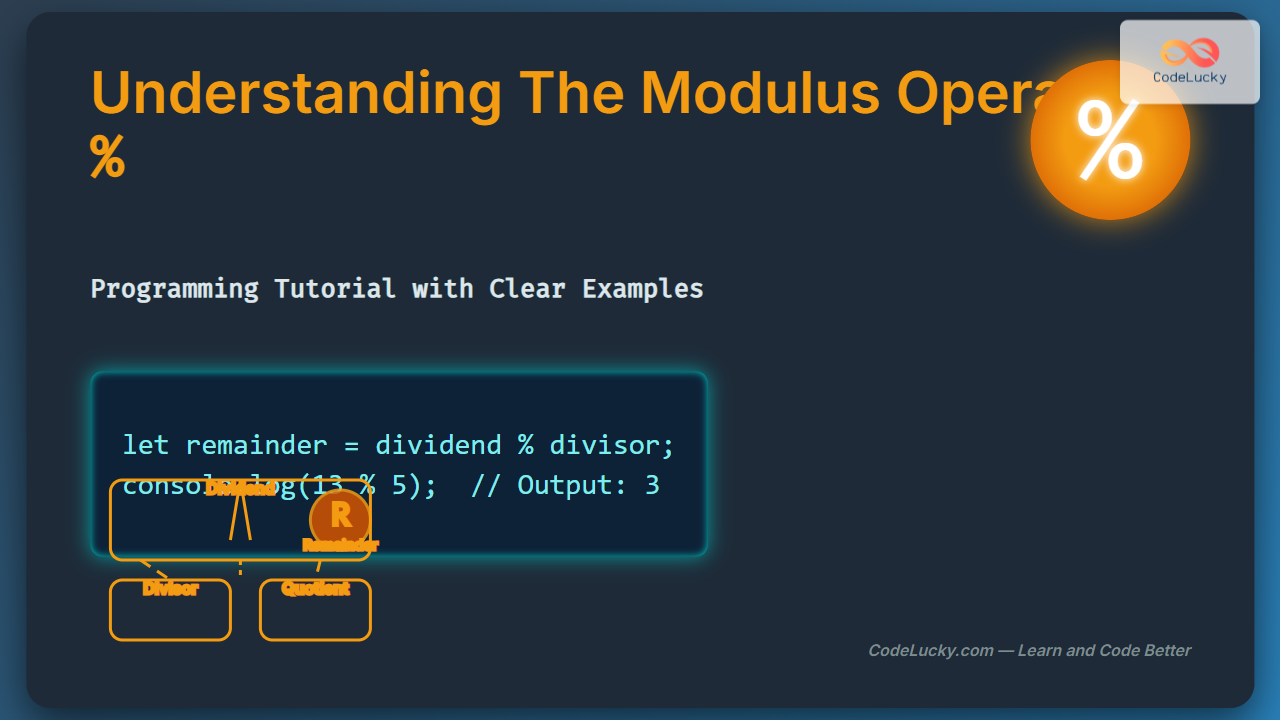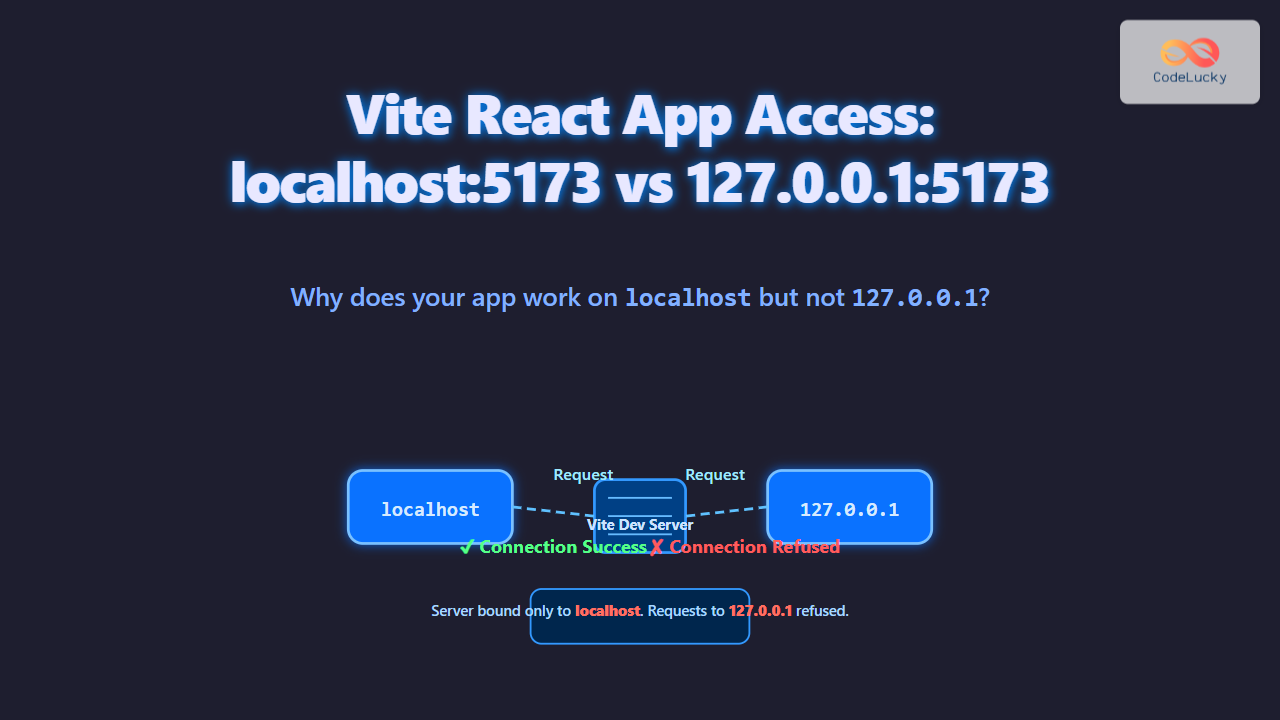JavaScript RegExp global Property: Global Match Flag
The global property of a JavaScript RegExp object indicates whether the “g” flag was used when creating the regular expression. This flag enables global matching, meaning the regular expression will test all possible matches in a string rather than stopping after the first match. Understanding and using the global property is crucial for effectively applying regular expressions across entire strings in JavaScript.
What is the global Property?
The global property is a read-only boolean property of a RegExp object. It returns:
trueif the “g” flag was used when creating theRegExpobject.falseif the “g” flag was not used.
This property allows you to programmatically determine whether a regular expression is set to perform global matching.
Syntax
The syntax for accessing the global property is straightforward:
regexObj.global;
Where regexObj is an instance of a RegExp object.
Usage
The global property is typically used to conditionally execute code based on whether the regular expression has the global flag set.
Examples
Let’s explore practical examples to illustrate the usage of the global property.
Example 1: Checking the global Property
This example demonstrates how to check the global property of a regular expression.
// Regular expression with the global flag
const regexGlobal = /hello/g;
console.log(regexGlobal.global); // Output: true
// Regular expression without the global flag
const regexNoGlobal = /hello/;
console.log(regexNoGlobal.global); // Output: false
Output:
true
false
Example 2: Using global with exec()
When the global flag is set, the exec() method returns each successive match in a string. When it’s not set, exec() only returns the first match.
const str = "hello world hello";
const regexWithGlobal = /hello/g;
const regexWithoutGlobal = /hello/;
let match;
console.log("With global flag:");
while ((match = regexWithGlobal.exec(str)) !== null) {
console.log(`Found ${match[0]} at ${match.index}. Next search starts from ${regexWithGlobal.lastIndex}.`);
}
console.log("\nWithout global flag:");
match = regexWithoutGlobal.exec(str);
if (match) {
console.log(`Found ${match[0]} at ${match.index}.`);
}
Output:
With global flag:
Found hello at 0. Next search starts from 5.
Found hello at 12. Next search starts from 17.
Without global flag:
Found hello at 0.
Example 3: Using global with test()
The test() method behaves differently with and without the global flag. When global is set, it advances the lastIndex property, potentially affecting subsequent calls.
const strTest = "test test test";
const regexGlobalTest = /test/g;
const regexNoGlobalTest = /test/;
console.log("With global flag:");
console.log(regexGlobalTest.test(strTest)); // Output: true
console.log(regexGlobalTest.test(strTest)); // Output: true
console.log(regexGlobalTest.test(strTest)); // Output: true
console.log(regexGlobalTest.test(strTest)); // Output: false (no more matches)
console.log("\nWithout global flag:");
console.log(regexNoGlobalTest.test(strTest)); // Output: true
console.log(regexNoGlobalTest.test(strTest)); // Output: true
console.log(regexNoGlobalTest.test(strTest)); // Output: true
Output:
With global flag:
true
true
true
false
Without global flag:
true
true
true
Example 4: Conditional Logic Based on global
This example demonstrates using the global property in conditional logic to handle different scenarios based on whether the global flag is set.
function processString(regex, str) {
if (regex.global) {
console.log("Processing globally:");
let match;
while ((match = regex.exec(str)) !== null) {
console.log(`Found ${match[0]} at ${match.index}`);
}
} else {
console.log("Processing the first match:");
const match = regex.exec(str);
if (match) {
console.log(`Found ${match[0]} at ${match.index}`);
}
}
}
const strProcess = "example example";
const globalRegexProcess = /example/g;
const nonGlobalRegexProcess = /example/;
processString(globalRegexProcess, strProcess);
processString(nonGlobalRegexProcess, strProcess);
Output:
Processing globally:
Found example at 0
Found example at 8
Processing the first match:
Found example at 0
Example 5: Modifying Strings Globally
Using the global flag with the replace() method allows you to replace all occurrences of a pattern in a string.
const strReplace = "replace replace replace";
const regexGlobalReplace = /replace/g;
const newStr = strReplace.replace(regexGlobalReplace, "new");
console.log(newStr); // Output: new new new
Output:
new new new
Example 6: Counting Matches Globally
Here’s an example that counts all occurrences of a pattern using the global flag.
function countMatches(regex, str) {
if (!regex.global) {
throw new Error("Regular expression must have the global flag set.");
}
let count = 0;
while (regex.exec(str) !== null) {
count++;
}
// Reset lastIndex to 0 to avoid unexpected behavior in subsequent calls
regex.lastIndex = 0;
return count;
}
const strCount = "count count count";
const regexGlobalCount = /count/g;
const matchCount = countMatches(regexGlobalCount, strCount);
console.log(`Found ${matchCount} matches.`); // Output: Found 3 matches.
Output:
Found 3 matches.
Key Considerations
lastIndexProperty: When theglobalflag is used, thelastIndexproperty of theRegExpobject is updated after eachexec()ortest()call. Ensure you understand howlastIndexaffects subsequent calls.- Resetting
lastIndex: If you’re reusing a global regular expression, it’s a good practice to resetlastIndexto0after you’re done iterating through matches. - Non-Global Behavior: Without the
globalflag,exec()always returns the first match and does not updatelastIndex.
Real-World Applications
The global property and flag are essential in various real-world scenarios:
- Text Parsing: Extracting all occurrences of specific patterns from large text documents.
- Data Validation: Validating multiple entries in a form or a data set against a pattern.
- Code Analysis: Identifying all instances of a variable or function name in source code.
- String Manipulation: Replacing all occurrences of a substring with another string.
Conclusion
The global property of the JavaScript RegExp object is a fundamental tool for working with regular expressions across entire strings. Understanding how to use the global flag and property effectively is crucial for performing comprehensive searches, replacements, and validations in JavaScript. Mastering this property enables you to write more efficient and accurate regular expressions, enhancing your ability to manipulate and analyze text-based data.










